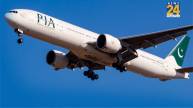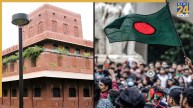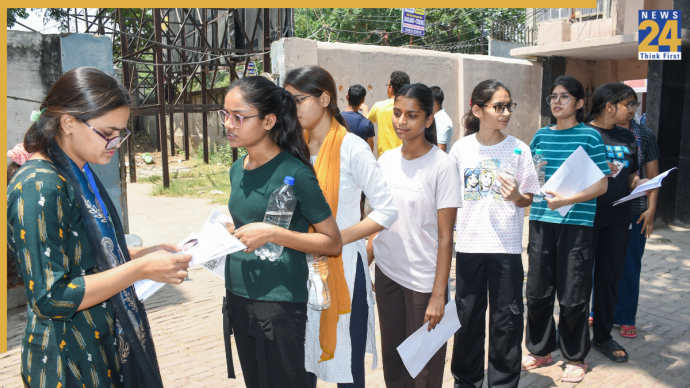An Indian-born entrepreneur, Rinson Jose, now a Norwegian citizen, has been allegedly linked to the deadly pager blasts in Lebanon that have killed at least 12 people and left thousands wounded. Jose, originally from Wayanad, Kerala, holds a Norwegian passport and lives in Oslo with his wife.
Jose’s Company and the Explosives
Jose is believed to own Norta Global, a company registered in Bulgaria, which reportedly supplied the pagers involved in the explosions. While the pagers were manufactured by BAC Consulting, a Hungarian firm using the trademark of Taiwanese company Gold Apollo, they were allegedly acquired through Norta Global.
Was Rinson Jose Involved?
There is no clear evidence that Rinson Jose was aware the pagers would be turned into explosives or that the buyers were linked to Israel’s security services, according to media reports. Norta Global, the company in question, is registered to an apartment building in Budapest that houses almost 200 other firms.
Jose’s relatives have expressed confidence in his innocence. “He’s a straightforward person, and we trust him fully,” said his relative, Thankachen, adding that they have had no contact with Jose for the past three days. His family believes he may have been caught up in the incident by accident.
Also Read: PM Modi’s US Diaspora Event: Star-Studded Celebration Of Diversity With 14,000 Attendees
Authorities Deny Involvement
Authorities in Taiwan and Bulgaria have denied any involvement in the supply chain of the pagers used in the blasts. The Tuesday attack and a subsequent one on Wednesday, involving exploding hand-held radios, killed 37 people and injured around 3,000. Investigations have led to countries such as Taiwan, Bulgaria, Norway, and Romania, with suspicions that Israel might have orchestrated the attacks.
Statements from Taiwan and Bulgaria
Taiwan-based Gold Apollo has denied manufacturing the pagers used in the attack. Hungary-based BAC had a license to use its brand but wasn’t involved in the blasts. Bulgaria’s state security agency DANS has confirmed that no pagers connected to the Lebanon attacks were imported to, exported from, or made in Bulgaria.
The full extent of how the pagers were weaponized and remotely detonated remains unknown as investigations continue.













